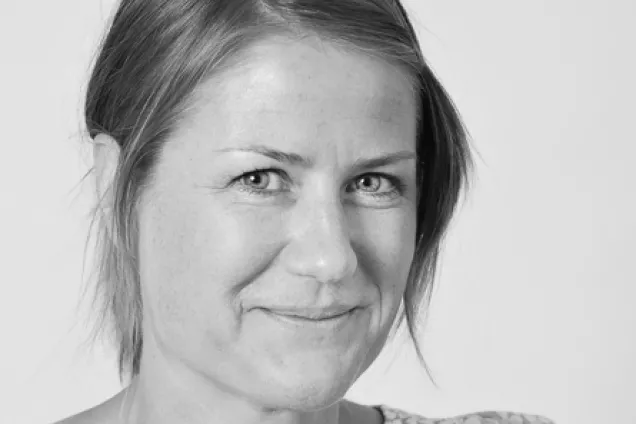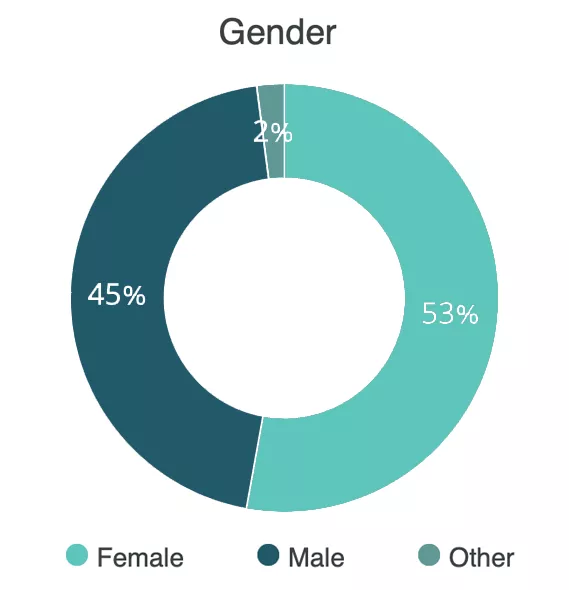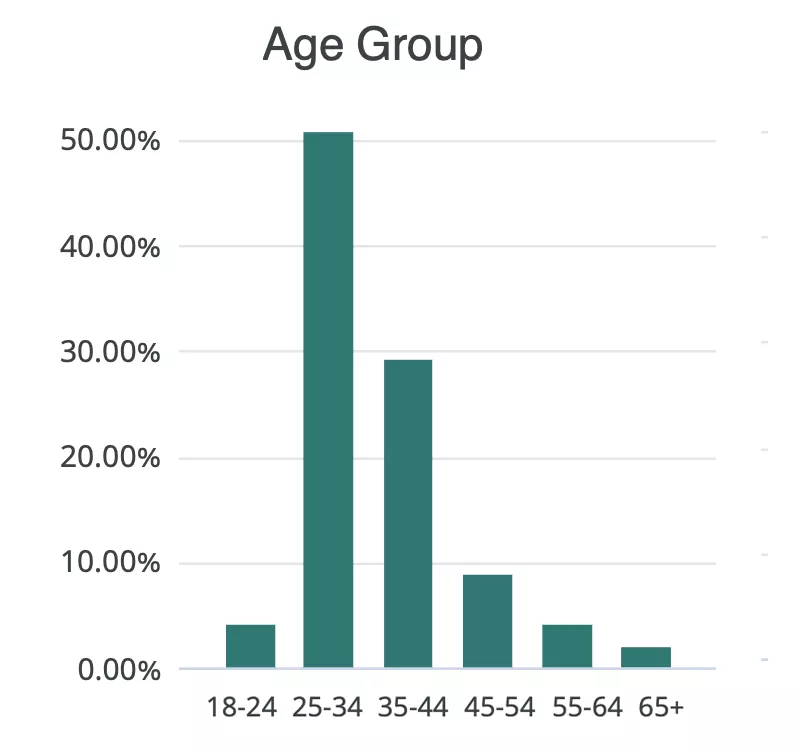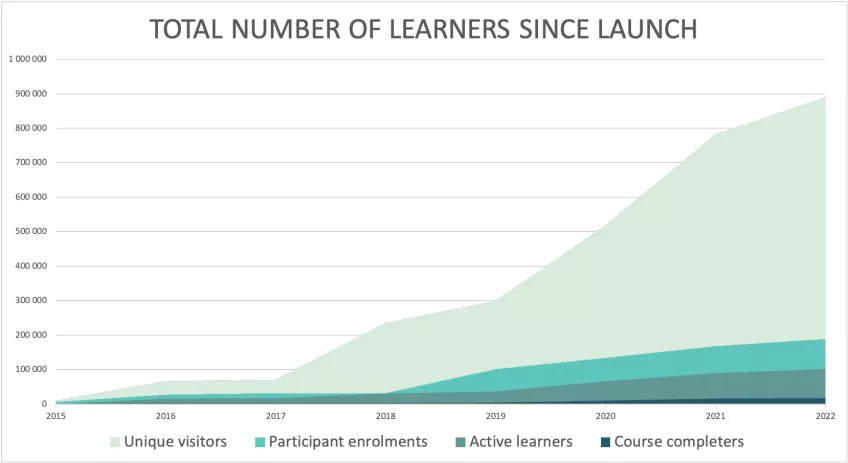Growing Massive Global Audiences
Reaching out to the world through online courses
Since they were introduced some ten years ago, Massive Open Online Courses (MOOCs) have brought disruption to the way higher learning and practitioner training is performed. Building on the solid online training experience at the IIIEE, Charlotte Leire and her colleagues have created a MOOC program that has become an educational success, opening up vast opportunities for a broadened teaching and impact strategy.
“Anyone and everyone is welcome to join our Massive Open Online Courses or MOOCs. Based on this, the MOOC phenomenon actually represents a democratisation of the entire university system, where knowledge, skills, and contacts are conveyed to a broader public,” says Dr Charlotte Leire, lecturer and course developer at the IIIEE. “Seen from this perspective, it is a way of opening up the doors to our faculty – allowing for anyone to access at least the core logic from our research and the latest insights from our research."
Seen from this perspective, it is a way of opening up the doors to our faculty – allowing for anyone to access at least the core logic from our research and the latest insights from our research
Today, Charlotte Leire serves as the project manager for MOOCs at the IIIEE. Like many of her department colleagues, Charlotte has a multi-faceted background—both in university training and career. Born in Sweden, she relocated to the United States, got a degree in Business Management, and became a part of the internet start-up world. This experience taught her two things: firstly, how to get digital platforms and solutions up and running, and secondly, how to prepare professionals to become better IT users.
“Still, I wanted a more meaningful professional life; in my heart, I was drawn towards ecology and sustainability,” says Charlotte Leire. “In 1999, I took a decision, went home to Sweden, and entered the interdisciplinary Master’s Programme “Environmental Management and Policy” at the IIIEE. The teaching here had exactly the practitioner-focused perspective I was looking for in an education. As a next step, it was natural to start Ph.D. studies in environmental management.”
The IIIEE has a long history of designing online training. Courses have been produced for students for some twenty years. However, Lund University’s central management took the initiative to scale up and reach out. Around 2013, the university had become eager to jump on the MOOC bandwagon, which had started rolling steadily forwards around the world. Accordingly, there was an open call for local funding, and the IIIEE became one of three departments that got lucky
“My seasoned colleague Peter Arnfalk led the project back then and contributed to the project with valuable experience from the earlier generation of more traditional distance courses. Peter became the producer, and in 2015, the IIIEE could launch its first MOOC on Greening the Economy. Peter had a practical approach and had us learn how to write a manuscript, stand in front of a camera, and so on. I assisted him, got increasingly engaged, and finally took over the baton.” From these early beginnings, it is not hard but to be impressed by the global reach and impact of the MOOCs developed at the IIIEE.
It is now common practice to discuss the MOOCs in terms of possibilities rather than challenges
Early on, it became apparent that the MOOC phenomenon was here to stay, making it a viable species in the ecosystem of higher learning. But as it thrived, it was not only praised by the global academia: some critical voices claimed that it competed unfairly with the traditional university system and that dedicated public funding was spent on an anonymous global audience. “That critique seems to have calmed down now,” says Charlotte. “It is now common practice to discuss the MOOCs in terms of possibilities rather than challenges.”
During the last decade, the MOOC field has diversified and offers different types of courses for various purposes. The ones the IIIEE has worked on so far are two types. “Our first courses were more like ‘take what you have and what you can find, compile it and bring it to the audience’ and this kind of course is great when conveying information or influencing attitudes and motivation,” says Charlotte Leire. “Since then, we have begun to build the courses from scratch, like ‘start with a mind-map and draw up a learning journey’ so this kind of training is aimed to give skills and understanding through a learning process. It complies more with the traditional notion of a university course.”
The impacts – on a team, organisational, participant and societal levels
On a team level
- The practical design and production of MOOCs introduces and disseminates new skills at the IIIEE and boosts the teamwork around impact and outreach.
- The pedagogical learning journey when creating MOOCs – as well as the possibility to find extended use for videos and other material in various ways – creates new ideas and initiatives for research, education, and impact at the IIIEE.
On an organizational level
- With their wide outreach, the MOOCs promotes the IIIEE on a global arena, disseminating its research in different areas, and presenting its staff and teaching activities to a worldwide audience. This also creates new opportunities for networking.
- The MOOCs is turning in to a promising complement to the university education at the IIIEE. The material used for university education is used as MOOC material, and vice versa.
On a participant level
- The MOOCs have reached large global audiences, with well over 180,000 registered participants and close to 900,000 visitors. Certificates are now available for completing individual MOOCs as well as for completing the whole series.
- The MOOCs create a bridge between the university environment and the professional world, reaching practitioners in their daily activities. In this way, the MOOCs serves as a complement to university training as well as a hotline to the research world.
On a societal level
- The MOOCs bring training and educational opportunities to individuals outside the regular university system, and help to bridge science with industry and government.
- The development of the MOOCs also create educational opportunities for underprivileged groups where other study forms are unavailable for financial or social reasons.

Charlotte Leire
During eight years in the USA, Charlotte Leire not only got an degree in Business Management and years of experience in the IT business. She also learned the “We can do this!” mindset of the entrepreneurial years of the early World Wide Web—forming working groups, getting things in place, and pressing the “Publish” button. This experience has proven helpful in her role as the project manager for Massive Open Online Courses at IIIEE.


Creating impact and lifelong learning
Challenge: Global issues like climate change, planetary pollution, and food scarcity have created an urgency regarding how knowledge, skills, know-how, and networking are conveyed in the sustainability field. Accordingly, the dissemination pace needs to increase, not least among practitioners in public governance, civil society, and industry, as well as among grassroots eager to learn and act.
Approach: By building an organisation skilled at planning, designing, and producing MOOCs, the IIIEE has created something that could compare to a department-based educational platform. The teaching staff is becoming increasingly involved in transferring their university courses to online formats, and the researchers are encouraged to present their projects in a video format.
Outcome: Since 2015, five MOOCs have been launched by the IIIEE, covering the themes Greening the Economy, Sustainable Cities, the Circular Economy, Urban Nature, and Sharing Economy. These courses are open for anyone who is interested in learning more about a given subject. They are five weeks long and require students to pass quizzes and a final course assignment. The MOOCs have attracted close to 900,000 visitors and 180,000 enrolments.
Audience: People from all walks of life are represented in the MOOCs. Some are target-oriented university students who want to add a course certificate to their academic résumé. Others are practitioners interested in implementing sustainable policies or solutions in their businesses or areas of responsibility or looking for a change in career paths. In addition, some participants are just members of the general public who are curious and want to view a few lecture videos to gain some insights.


